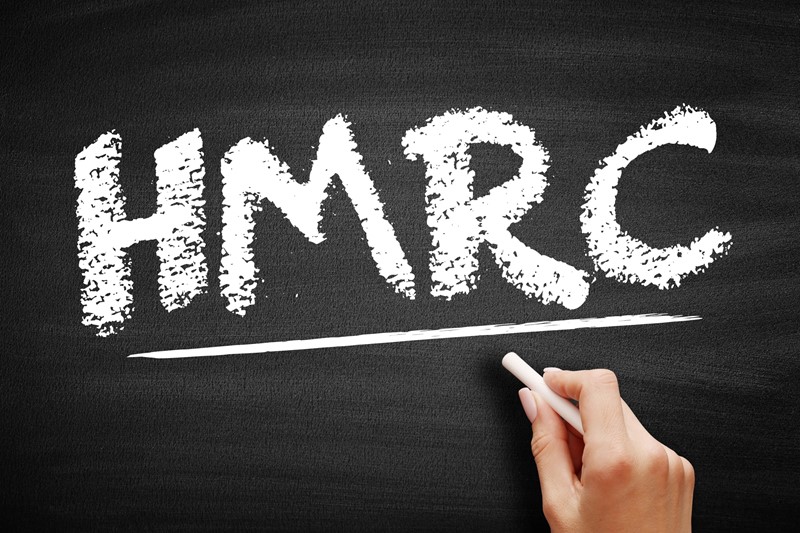HMRC can enquire into any statutory return (or amendment of that return) or statutory claim to check if the return / claim has been prepared correctly or if further information is required.
HMRC’s internal manuals state that there is no statutory definition of an enquiry, so it carries its normal dictionary meaning of `seeking information, asking, questioning’. In practice the nature and extent of enquiries will vary considerably.
HMRC has historically referred to ‘full enquiries’ covering a tax return as a whole, and ‘aspect enquiries’ dealing with one or more matter(s). However, the legislation does not distinguish between different types of enquiries. Therefore, all enquiries into tax returns are legally enquiries into the full return, even if in practice HMRC only need to check part of the return.
If HMRC make no enquiries within the period allowed, or if they have completed an enquiry, the return becomes final unless
- the taxpayer is still within time to amend their return;
- the taxpayer has carelessly or deliberately caused a loss of tax; or
- HMRC discover that the return was incorrect, and the taxpayer had not disclosed enough information to show this. This is known as a discovery assessment. If a discovery is made in such circumstances HMRC can make a discovery assessment up to 6 years (20 years if the taxpayer has failed to notify chargeability) after the end of the relevant accounting period.









